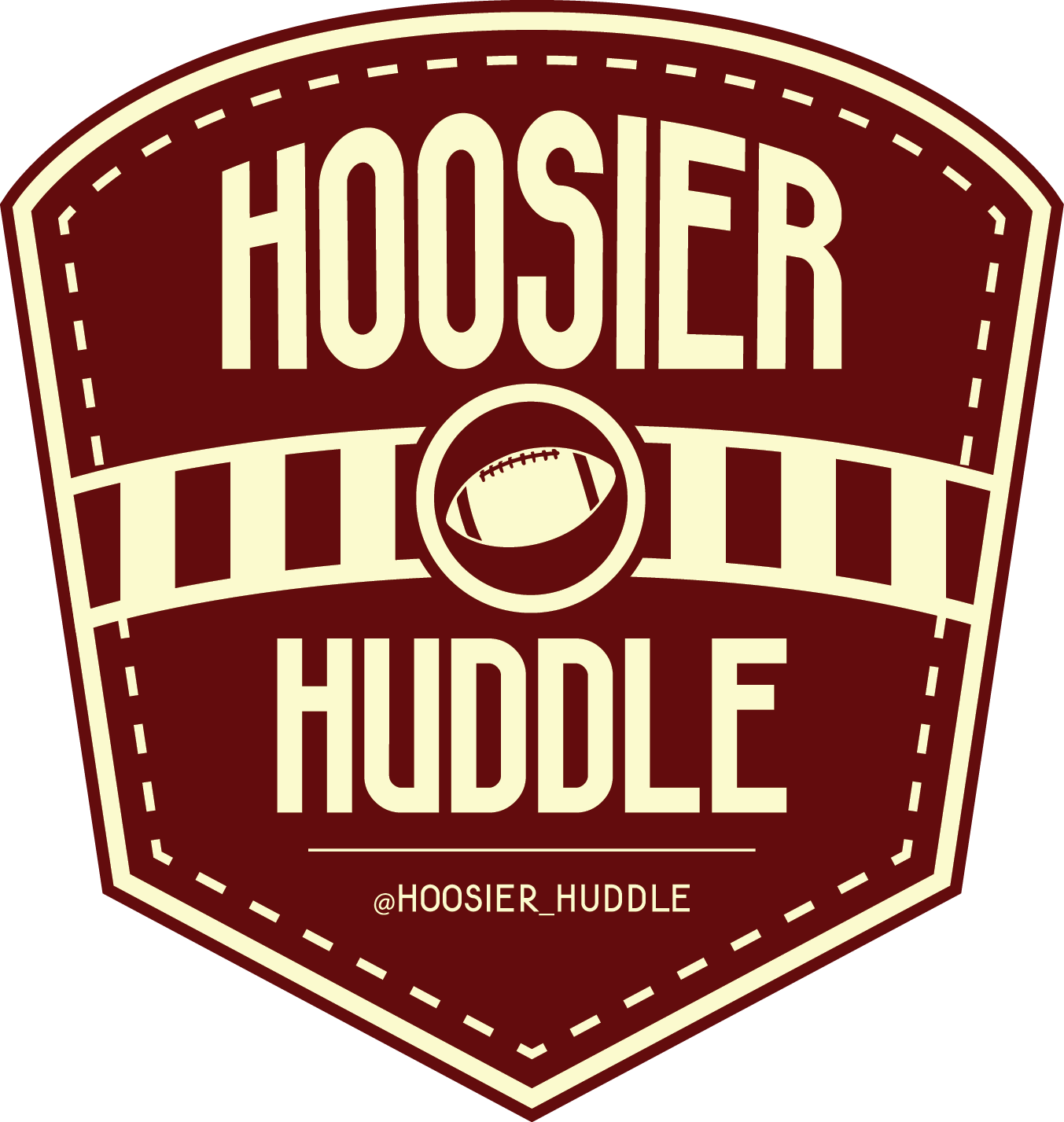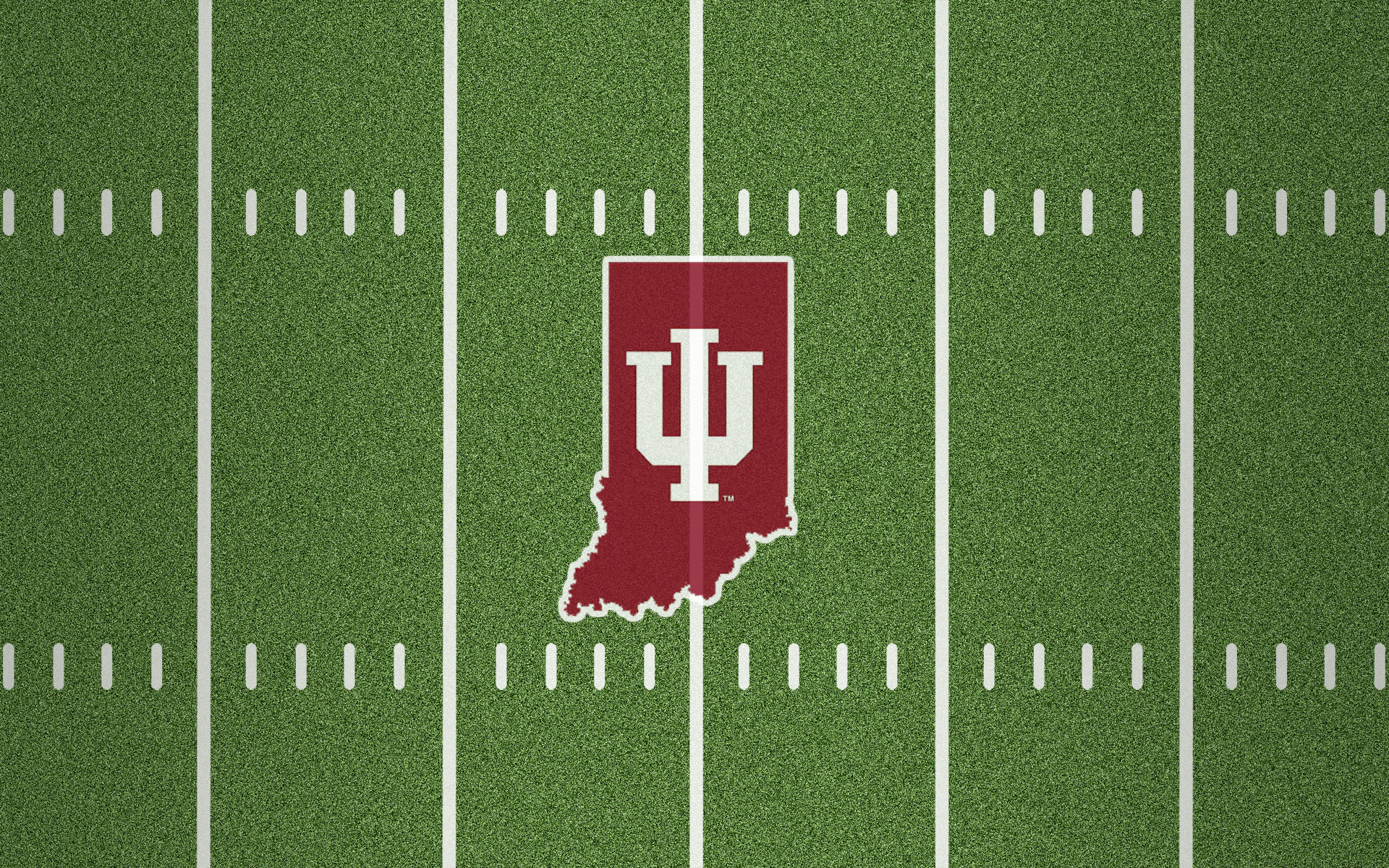Pilot Program for Alcohol Sales at Memorial Stadium Proves Positive Results
/IU fans tailgate in a downpour prior to the Michigan game on November 23rd. Image: Sammy Jacobs Hoosier Huddle
Written by Sammy Jacobs (@Hoosier_Huddle)
Indiana University released a statement on Monday morning with the results of the pilot program for beer and wine sales at football games this fall and the results were overwhelmingly positive.
“Our main goal with this initiative was to enhance the gameday experience for our fans and to reduce alcohol-related incidents in and around the stadium, and we succeeded on both fronts,” said Glass in the statement from IU Athletics. “In addition to those positive results, we are also pleased to be able to support substance use prevention programming for all students on the Bloomington campus from the proceeds of this program.”
Indiana University brought in $470,000 of gross revenue from beer and wine sales, with the athletic department netting slightly over $200,000. The Athletic Department will give 10-percent (~$20,000) of that to substance abuse prevention programs that benefit all IU Bloomington students.
“The Division of Student Affairs is working to create a safe and healthy community,” said Vice President for Student Affairs and Dean of Students Dave O’Guinn in the release as well. “The support provided for substance use prevention programming will provide students with the skills and tools they need to make healthy decisions and empower them to step in to help fellow Hoosiers.”
One of the fears of the detractors of beer and wine sales at football games was that there would be more alcohol related incidents. However, like other programs put in place around the country, alcohol related incidents dropped over two per game.
“Controlled alcohol sales not only enhance the game day experience, they assist our public safety officials by reducing binge drinking by fans prior to coming into the venue. We were impressed with the overall care, detail and safety of this pilot program,” said Associate Vice President for Public Safety and Institutional Assurance and Superintendent for Public Safety Benjamin Hunter in the release from the university.
Fans also had good things to say about the program as well.
“Solid. Very Smooth. I didn’t leave at halftime” said Jake Carl who attended multiple games in 2019.
Season ticket holder Brian Tonsoni added that his experience was “fine, but the credit card readers were slow at times.”
Happy fans, less alcohol related incidents and ~$200,000 in profits are all signs that this pilot program was a rousing success.



